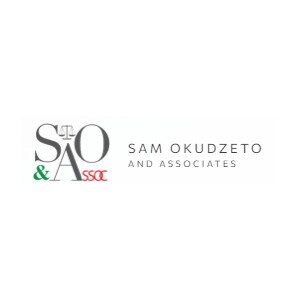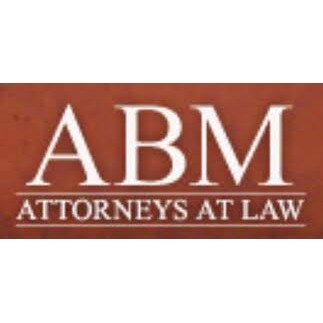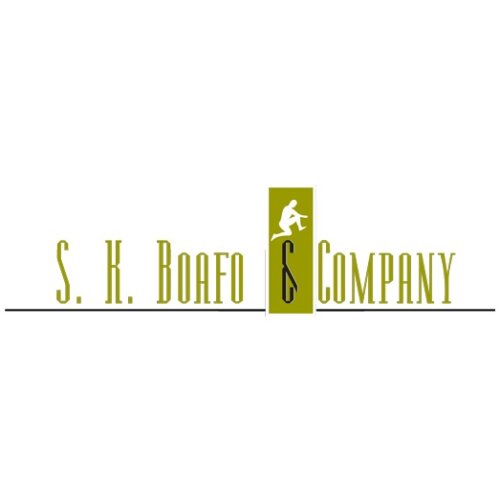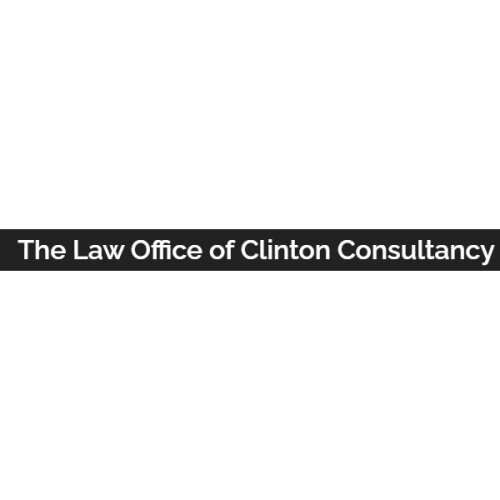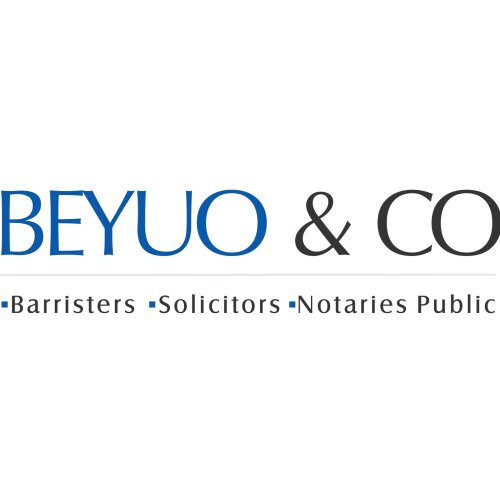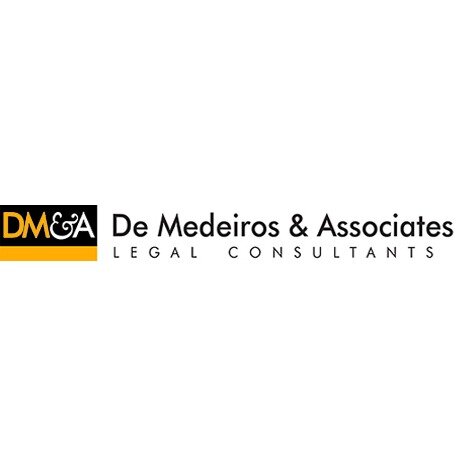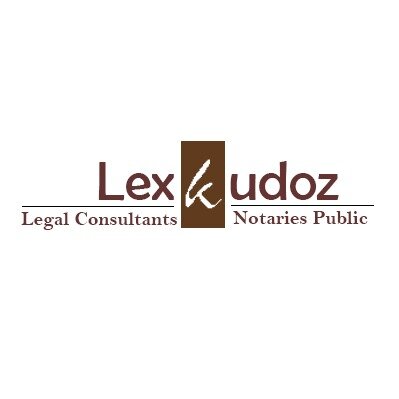Best Franchising Lawyers in Accra
Share your needs with us, get contacted by law firms.
Free. Takes 2 min.
List of the best lawyers in Accra, Ghana
About Franchising Law in Accra, Ghana
Franchising is a growing area of business in Accra, Ghana. It involves a legal and commercial relationship between the owner of a trademark, service mark, trade name, or advertising symbol (the franchisor) and an individual or group (the franchisee) who wants to use that identification in a business. Ghana's business environment has seen a rise in various international and local franchises due to its expanding economy and increased consumer demand for diverse products and services. Franchising law in Accra is governed by a combination of general commercial laws, specific franchise agreements, and international standards, which together create a hospitable environment for franchise operations.
Why You May Need a Lawyer
Several situations may necessitate seeking legal advice when dealing with franchising in Accra, Ghana:
- Understanding the Franchise Agreement: A lawyer can help you understand the often complex and detailed franchise agreements and ensure that your interests as a franchisee or franchisor are protected.
- Compliance with Local Laws: Compliance with Ghanaian laws and regulations is crucial for franchise operations. A lawyer can advise on business registration, licensing, and other statutory requirements.
- Dispute Resolution: In case of any disputes between the franchisor and franchisee, legal advice can be critical in resolving conflicts through negotiation, mediation, or litigation.
- IP and Trademark Protection: Protecting intellectual property and trademarks is essential in franchising, and legal assistance can ensure these assets are well-secured.
- Contract Negotiation: Lawyers can assist with negotiations to ensure favorable and fair terms in franchise operations.
Local Laws Overview
Franchising in Accra, Ghana, is influenced by several important legal frameworks:
- Contract Law: Franchise agreements are legally binding contracts, and understanding Ghanaian contract law is fundamental to ensure these agreements are enforceable.
- Company Act: The Companies Act 2019 governs the establishment and management of businesses in Ghana, including entity formation and compliance issues pertinent to franchising.
- Intellectual Property Law: This encompasses laws related to trademarks and patents, ensuring franchise branding is protected under Ghana's regulations.
- Consumer Protection Act: Franchise operations must adhere to the regulations protecting consumer rights, ensuring quality of products and services.
- Investment Act: Governing foreign investment, this act is crucial for international franchise brands wishing to establish presence in Ghana.
Frequently Asked Questions
What is franchising?
Franchising is a method of doing business wherein a franchisor licenses its trademarks and business methods to a franchisee in exchange for a recurring payment or fee.
Do I need a local partner to start a franchise in Ghana?
While not always required, having a local partner can be beneficial for navigating the local market and regulatory environments.
How can I ensure my franchise agreement is legally binding?
Having a lawyer review your franchise agreement ensures it is drafted in accordance with local laws, making it legally enforceable.
What fees are typically involved in franchising?
Common fees include an initial franchise fee, ongoing royalties, advertising contributions, and renewal fees, among others. All should be clearly detailed in your franchise agreement.
How is intellectual property protected in a franchise agreement?
Intellectual property is protected through licensing agreements which provide the franchisee rights to use trademarks and business methods.
Is it mandatory to comply with local consumer protection laws?
Yes, all franchise operations must comply with Ghana's Consumer Protection laws to safeguard consumer interests.
What can I do if I face disputes with a franchisor?
Seek legal counsel to navigate dispute resolutions, which may involve negotiation, mediation, or even litigation.
Can I renew my franchise agreement?
Yes, most agreements allow for renewal upon mutual consent, usually requiring adherence to certain terms and conditions.
Are there specific taxes for franchises in Ghana?
Franchise businesses are subject to the general taxation framework applicable to all businesses in Ghana, including corporate taxes.
How can I find out if a franchise is reputable?
Conduct thorough research, including checking references and reviews, and consult with a lawyer to investigate the franchise's history and legal standing.
Additional Resources
- Ghana Investment Promotion Centre (GIPC): Offers insights into investment laws and incentives for foreign and local businesses.
- Registrar General's Department: Responsible for business registrations and informative resources on corporate compliance.
- Ghana Intellectual Property Office (GIPO): Provides services related to the registration and protection of trademarks and patents.
- Ghana Chamber of Commerce and Industry: A resourceful organization for networking and learning about the business environment in Ghana.
Next Steps
If you require legal assistance in franchising, consider taking the following steps:
- Consult a Legal Specialist: Seek out lawyers specializing in franchising law in Ghana who can offer tailored advice.
- Research Firms: Look for legal firms with experience in the industry, focusing on those with a successful track record in franchise law.
- Prepare Your Documents: Organize all necessary documentation, including business licenses and draft agreements, for your legal consultations.
- Engage with Local Bodies: Utilize the resources provided by local and international franchising bodies to ensure comprehensive understanding and compliance.
Lawzana helps you find the best lawyers and law firms in Accra through a curated and pre-screened list of qualified legal professionals. Our platform offers rankings and detailed profiles of attorneys and law firms, allowing you to compare based on practice areas, including Franchising, experience, and client feedback.
Each profile includes a description of the firm's areas of practice, client reviews, team members and partners, year of establishment, spoken languages, office locations, contact information, social media presence, and any published articles or resources. Most firms on our platform speak English and are experienced in both local and international legal matters.
Get a quote from top-rated law firms in Accra, Ghana — quickly, securely, and without unnecessary hassle.
Disclaimer:
The information provided on this page is for general informational purposes only and does not constitute legal advice. While we strive to ensure the accuracy and relevance of the content, legal information may change over time, and interpretations of the law can vary. You should always consult with a qualified legal professional for advice specific to your situation.
We disclaim all liability for actions taken or not taken based on the content of this page. If you believe any information is incorrect or outdated, please contact us, and we will review and update it where appropriate.



